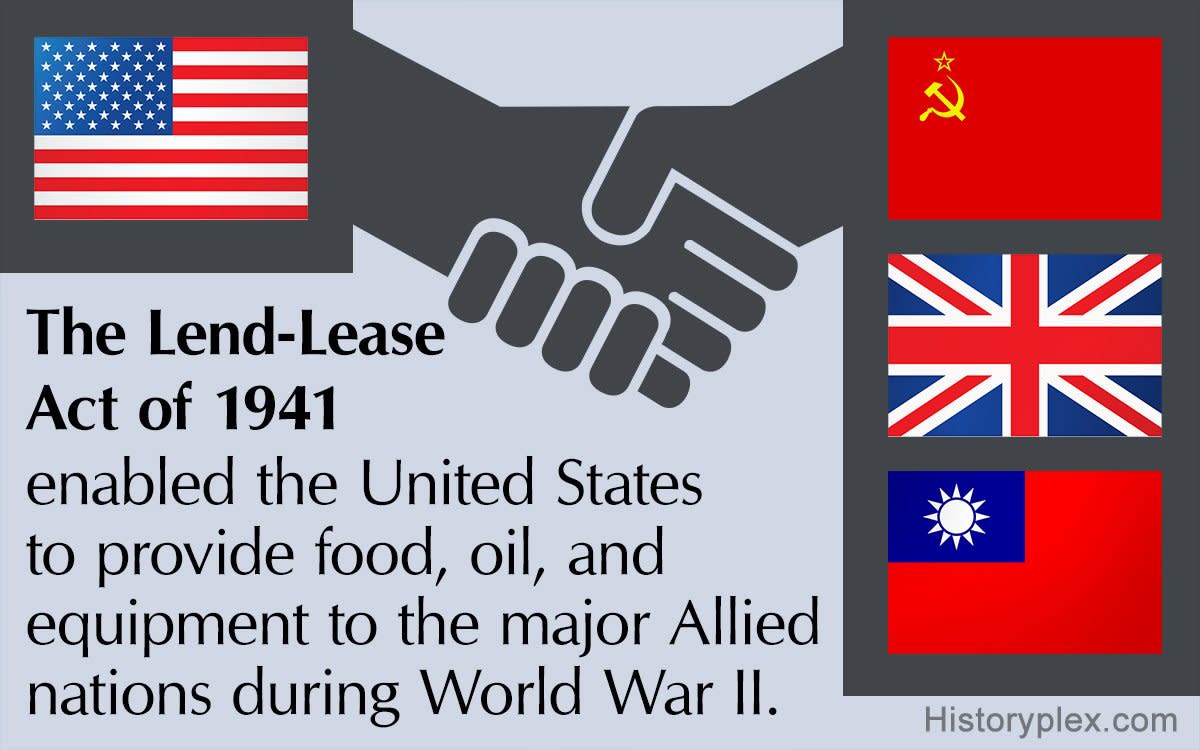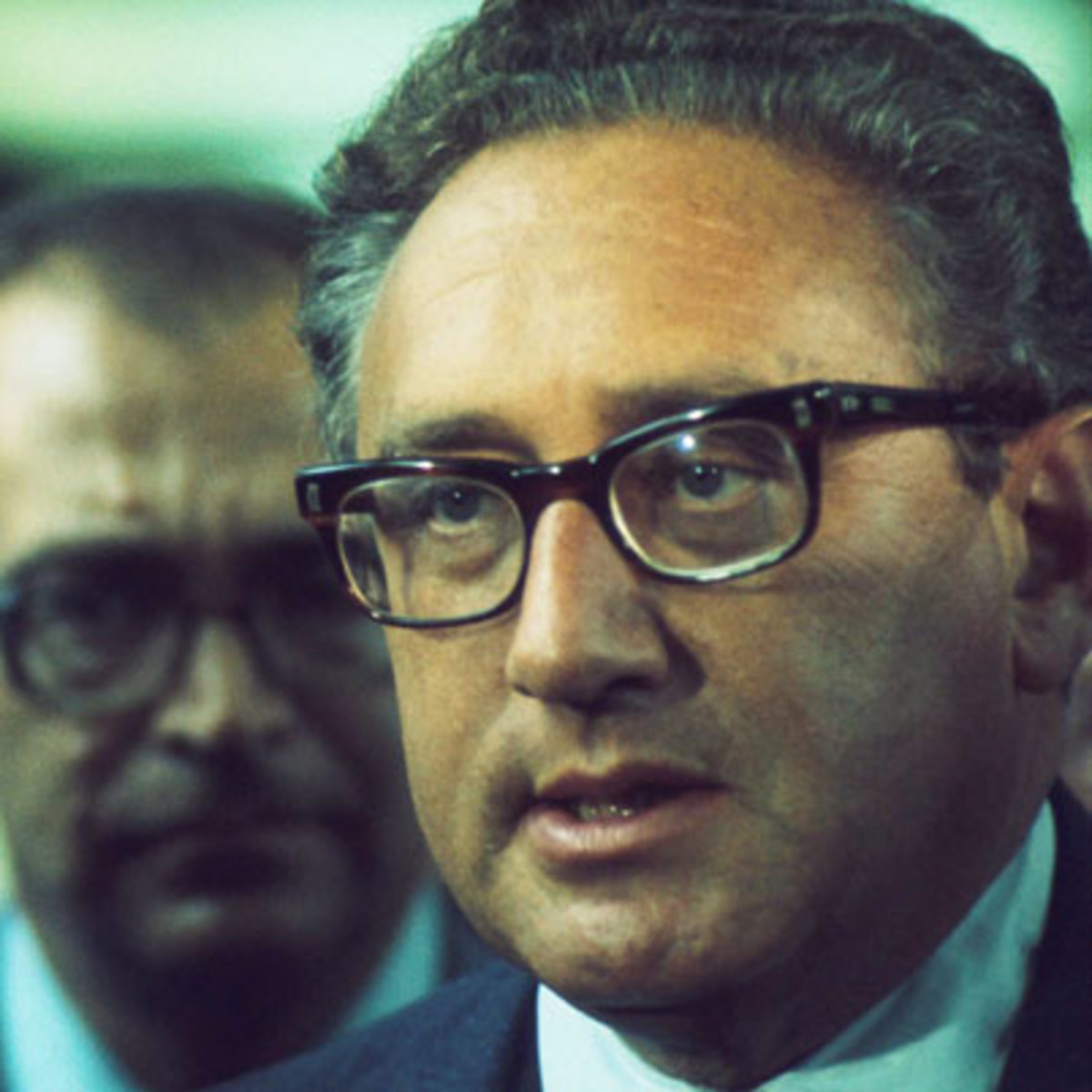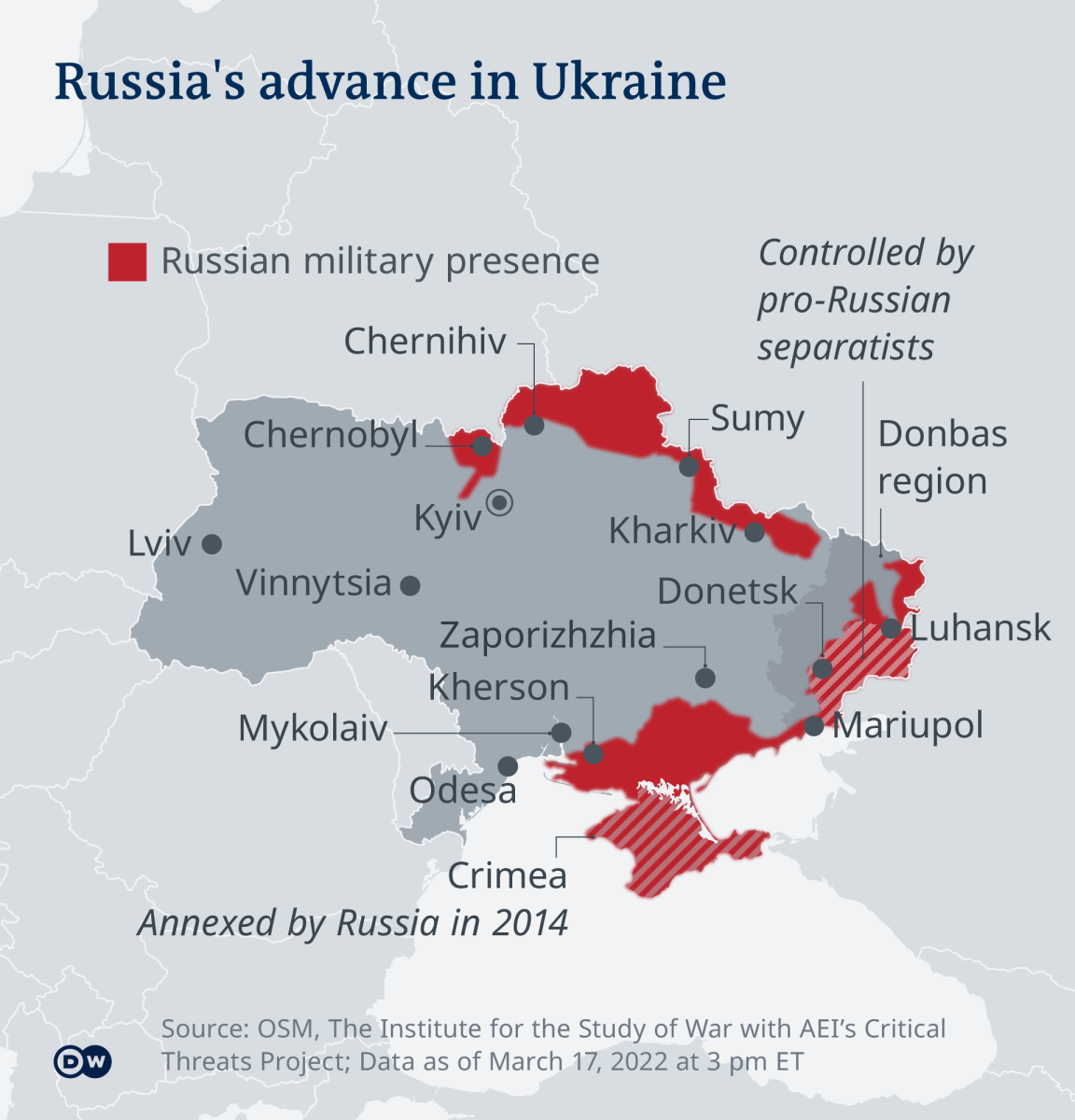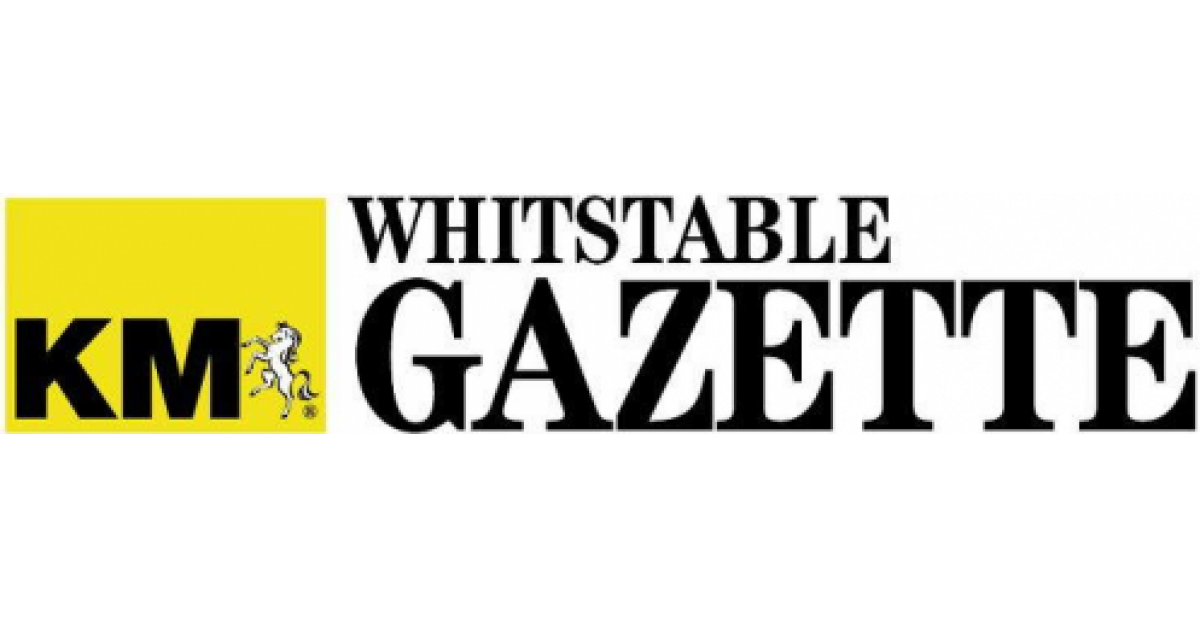Chaos and the Disintegration of the New World Order
A Sign of the Times; But Where Will this go?
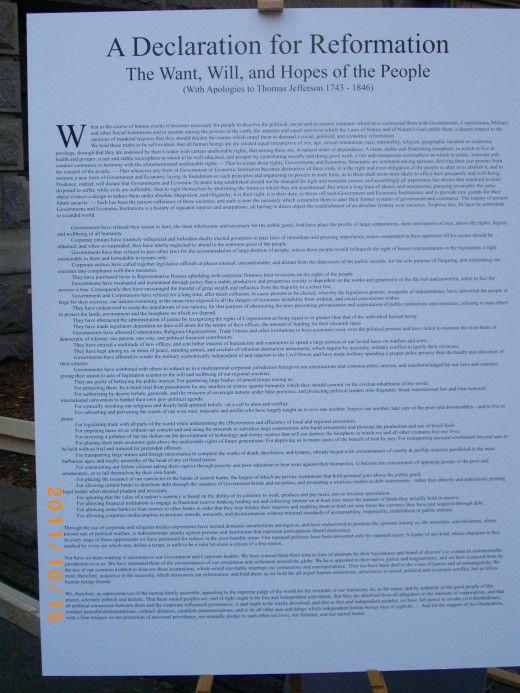
Chaos is built into organization and order
Just as in an individual's life, chaos exists in society at large. This is understandable when society is seen as an aggregate of individuals. The chaos seen in individual life is magnified when applied to society and civilization. We think that society is in a high state of order, but when probed beyond the facade, we find complete chaos as part of the matrix. After all, like any other complexity, dynamic change occurs due to being in a state far from balance on the thin edge between order and chaos. Societies waver between the two on that fine edge between order and chaos. This is demonstrated in the economic and manufacturing spheres with the economy swinging between greed and fear and the anarchy of production on all levels.
Part of that chaos arises out of the failure to adapt to the dynamic world in change. All too often, a society wants to impose rigidity upon nature and its members. This would be fine if nature was rigid, but it is not. Nature is a dynamical process in all its functions. When nature changes and society remains immovable, chaos arises and civilization collapses. A basic problem of many organizations is rigidity that comes of attempting to find, read into and impose rigidity on every natural thing observed. For millennia, a concerted search was underway to find some kind of harmonic order behind everything and hence existence. But surprises lurked behind everything.
It is understandable that people want stability. Change and chaos can be upsetting, even threatening. In the world market, suspended between greed and fear, a chaotic breeding ground exists that can topple whole regimes. A good example is the October crash of 1929 that lead to the Nazis seizing power in Germany, the second world war, genocide, and ultimately the cold war brinkmanship on a nuclear hair trigger between the US and USSR. The whole thing ended when the Soviet Union collapsed into the Ruin that became contemporary Russia, now ruled by cutthroats and a new Mafia, the most degenerate form of capitalism. The whole story is a great deal more complex than outlined here, but few would have seen the demise of the Soviet Union in 1988. Just a scant year later, the whole thing began to unravel. Out of this was born the new world order run by the likes of the IMF, the world bank, APEC and other consortiums like these. A new economic crisis unfolded in Sept.-Oct. 2008 that is now threatening the economy of the entire world. Almost no country is spared and thus far, the current recession is surpassing the Great Depression. The world in 2011 lurched from crisis to crisis.
There are other examples in the 20th century, such as the birth and rise of the Soviet Union out of the chaos of World War 1. The First World War was born out of competing European interests. What was to be a quick war, dragged on for years in a dirty trench standoff between the German-Austrians and Russian-French camps. Within this chaos, the Russian revolution erupted, spurred on and assisted by the Germans who saw the destabilizing of Russia as a positive occurrence for their war effort. It meant the elimination of one front. So, Lenin was spirited to Russia in a sealed train with cash in hand in order to aid in the popular revolution, and to remove the Russians as a threat on the Eastern front. Who would have guessed that the First World War would end only to extend into a war against the reds all the way into the mid 1920's. The war shifted from a European front and toward Moscow instead. When the Soviet managed to beat back the capitalist world from their very door, a period of terror commenced in the fledgling USSR that would last all the way to 1958, shortly after Stalin's death. Within a generation, internal corruption sent the Soviet Union into chaos. Today, the new Russia is a country in turmoil and chaos, many now worse off than before October 1917. Contrary to what some thought about the elimination of one side of the nuclear threat, the situation has become increasingly unstable. Various power groups struggle to seize power. So far, the nuclear sword remains in the hands of the military. Some did slip out into mainly Islamic hands at the break up of the Soviet Union. Three weapons are acknowledge to have "disappeared”, but some sources suggest that as many as 3,000 may have slipped out into potentially terrorist hands.
The current period in the rest of the world is experiencing the disintegration of the hard won social safety net in the “end welfare as we know it,” while big banks and business get corporate welfare in massive trillion dollar bailouts. Since the Soviet Union no longer exists, the capitalist powers no longer see the "necessity" of maintaining any semblance of a "compassionate society." This is seen now as an economic liability and thus the powers are seeking to cut costs they see as a hindrance to maximizing profit. This has a long term destabilizing effect that is not immediately apparent. Since hard won gains are slowly being eroded, few are objecting except one small group or another that are affected piecemeal. In 2011, people organized everywhere to protest austerity. The same is for rights in an increasing atmosphere of anti trust. Each group picked off is made a pariah, blamed for the problems of everyone else. Thus a "good riddance" attitude prevails. If this sounds familiar, it is. This is precisely how the Nazis picked one group off then another. The end result was one of the worst periods in human history, producing incalculable suffering.
The more society tries to attain perfection, the more it seems to elude us. Lives are spent in pursuit of impossible goals. In order for a few to attain this, everyone else must completely sacrifice to that end. Unreasonable expectations are demanded of most people, resulting in the ideal of attaining better than perfection. This of course is a self-contradiction of the type that was first coined by Stephen Hawking when he opined, "What life is like one mile north of the north pole." Yet, this is precisely what those in any kind of power expect of most of us. The result is failure, frustration and unmitigated anger. Eventually, this bottled rage explodes in riotous profusion, leveling everything to chaos. The breaking point as a classic catastrophe in the mathematical sense and is part of a larger cycle. Civilization and world orders arise and collapse in succession, from chaos to order and back to chaos. Sometimes the agent of chaos is from without. More often it is from within.
Our growing reliance on technology leaves us increasingly vulnerable to chaos that results from its collapse. The more complex the technology is, the more susceptible it is to going awry or completely breaking down. The more we rely on technology, the less able we are at surviving at a basic natural level. The most "civilized" person, who is completely reliant on technology, is the least capable of living without it. Those of course, who have no technology beyond the most primitive, have the best capability to survive in the natural environment, even if it's the most violent upheaval. On either end there is chaos, but the naturally and chaos adapted person is the one that can live with chaos the best. Then of course, there is the tendency within all of us to use technology against each other. Then there is the fact that the use of technology changes our natural environment into something that can no longer support either our technology or life itself. This is the greater threat, especially when society clings to harmful methods for profit's sake in the face of proven far better and less harmful ways.
There exists an independent streak in humanity that serves as a constant source of difficulty in any attempt at organization. This arises in direct proportion to the regimentation of society. People naturally resist being regimented. Perhaps this is due to the fact that this same regimentation is usually to their detriment. The maximally regimented person is the most enslaved, living for the benefit of others at the expense of their own lives. Today, this is effected by debt, turning peoples' lives into working to manage their debt interest. Nobody likes to be a slave, yet almost everyone is. The few have total freedom, only because most have all the obligations to support that freedom which they themselves do not enjoy except in an impossible dream. This same dream is used as a spur to drive them on relentlessly. Since this is the case, the desires for independence increases and with it, the potential for utter chaos as the wish for liberation reaches the breaking point. Opportunists instinctively see this and channel this to their own ends. If they are successful, they take humanity from bondage to bondage. If they fail, humanity goes from bondage to chaos and misery. Exchanging one form of bondage for another is no less miserable. The fall to chaos is usually the case of great change and the utter misery that brings to most.
As yet, humanity has completely failed to create a totally compassionate society that practices the best of our ideals. The norm has been, and still is, societies of bondage and torment for the many, while a few luxuriate indolently with a nervous glance over their shoulders, expecting the unacceptable that most live with as a matter or course. Often their worst nightmares manifest and they join the misery of the most of humanity.
As it has happened in the past, it can occur again. The world order can come to a crashing halt due to a great natural catastrophe. Since most people in a complex civilization are highly specialized in their skills, they cannot live without the special skills of countless others working invisible as a great team. If just one skill set is removed for any reason, the rest are thrown into stasis and turmoil. This is one source if the anarchy of capitalism. This can cause greater economic repercussions in society as a whole. A great catastrophe can wipe out many skill bases and bring civilization to its knees. Suddenly, those with sophisticated and specialized technological skills find that they must live like a "savage." Since they don't have that skill set, they die off despite their "smarts," leaving only the unlettered, but naturally adapted savage to inherit what remains of the Earth.
Political Analysis of the Occupation Movement
- Occupation: Crushed in the Bud - Revolutionary Liberation Gospel
Meanwhile, the State has a World Occupation of its own: NATO! From its very roots, the Occupy movement that had its start by revolts in the Middle East in th…

